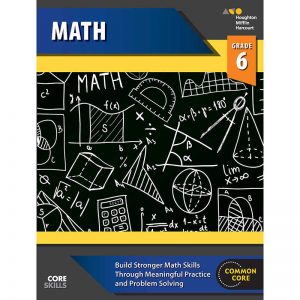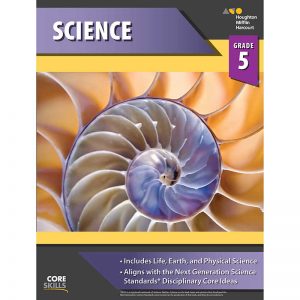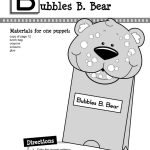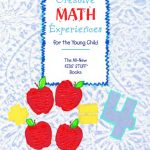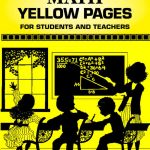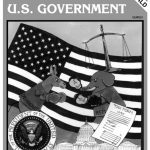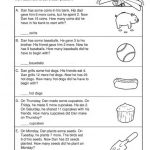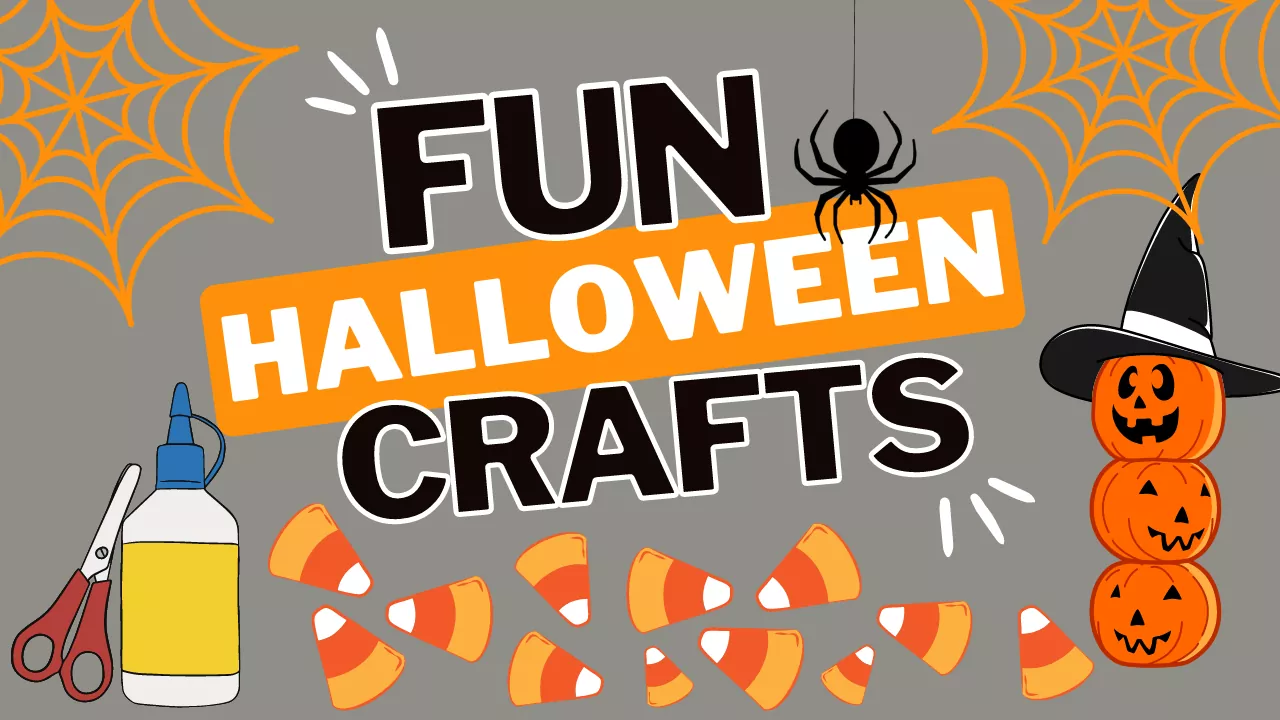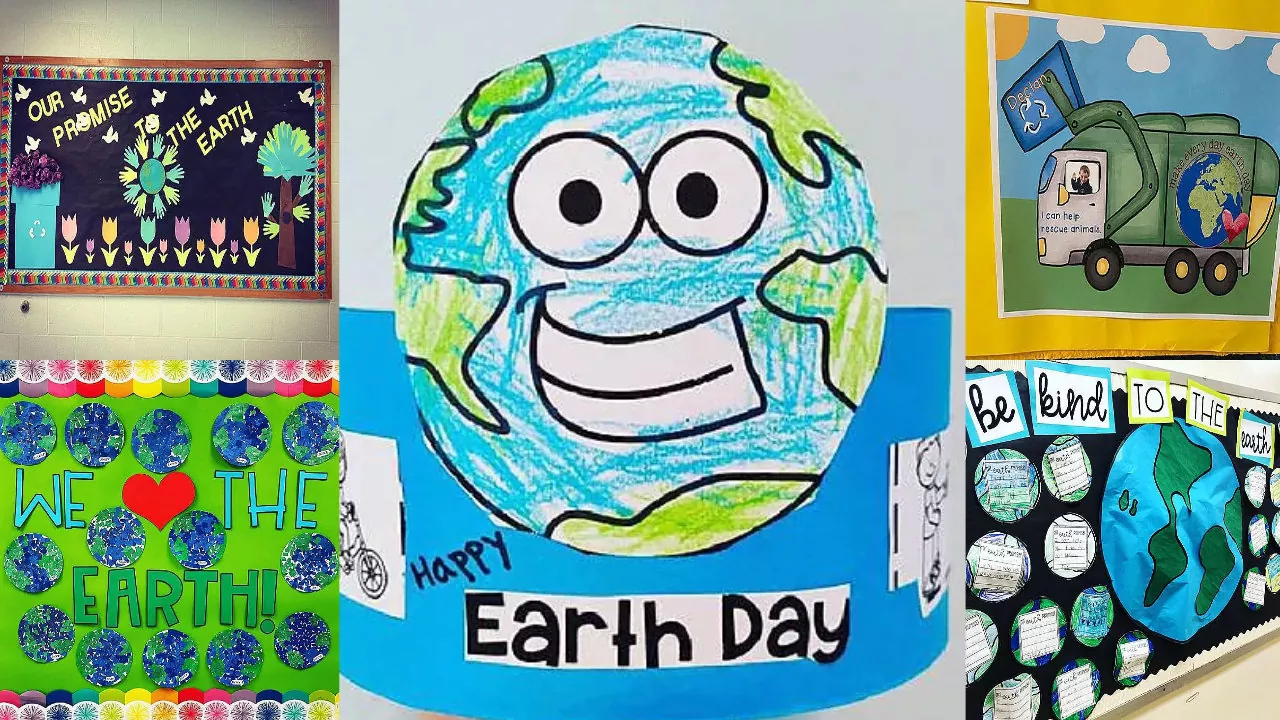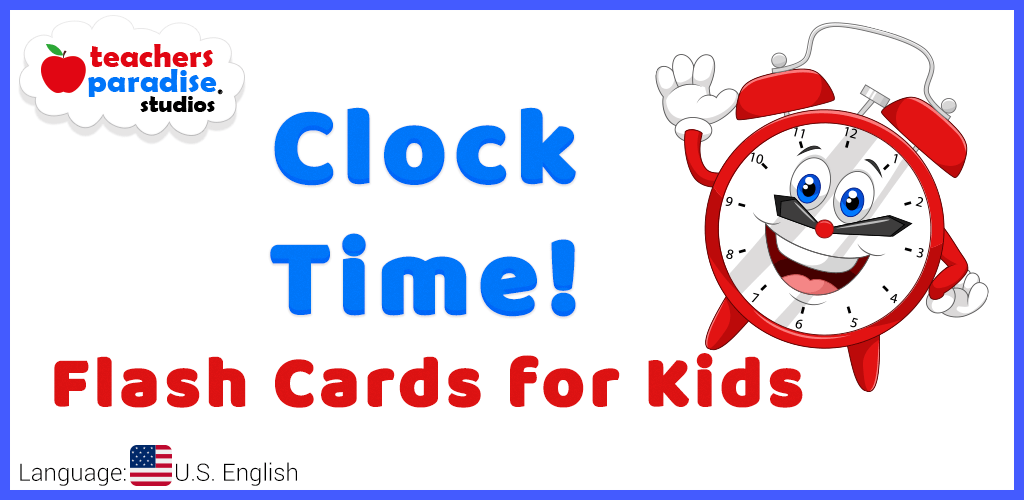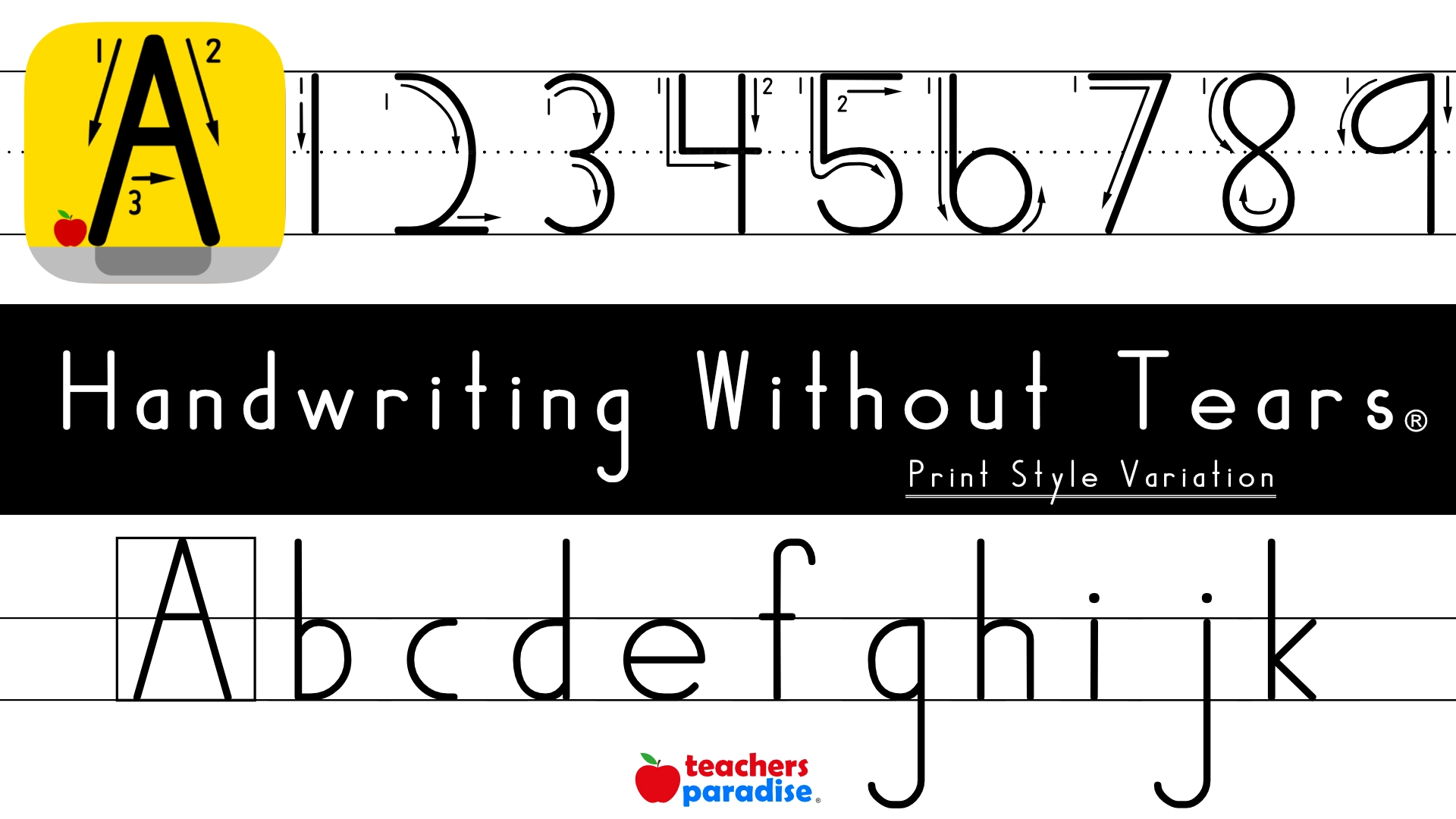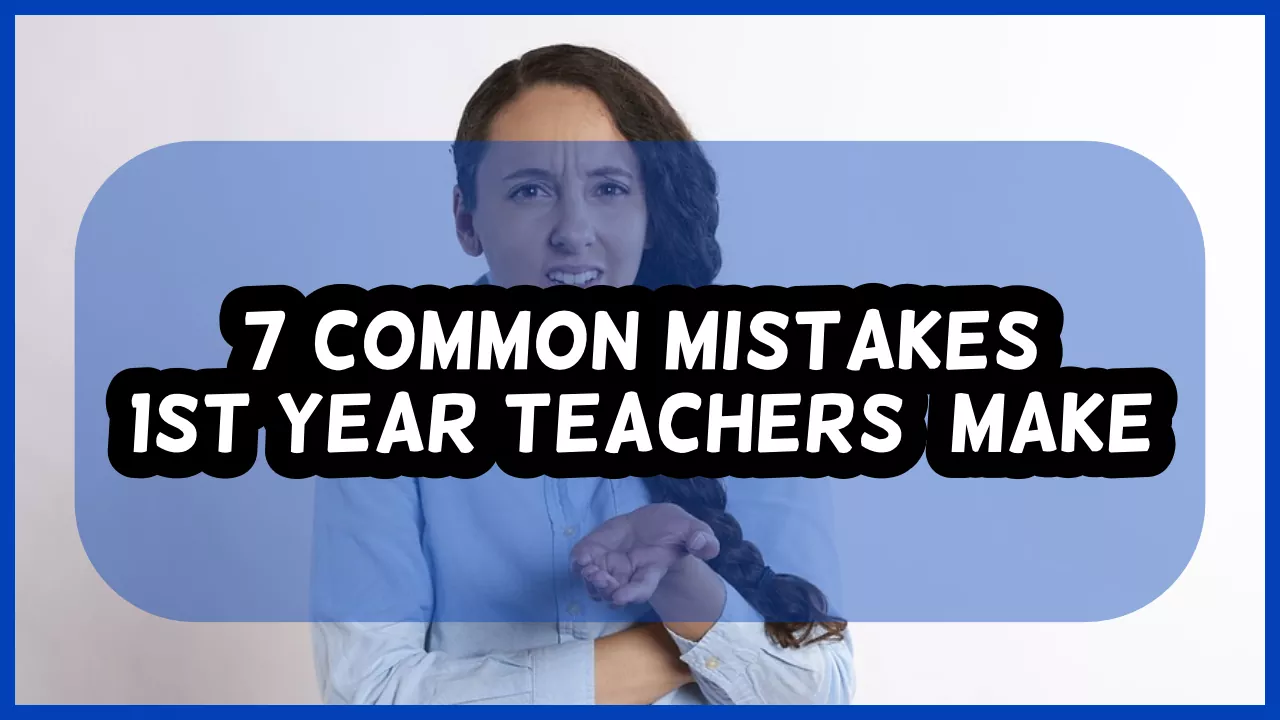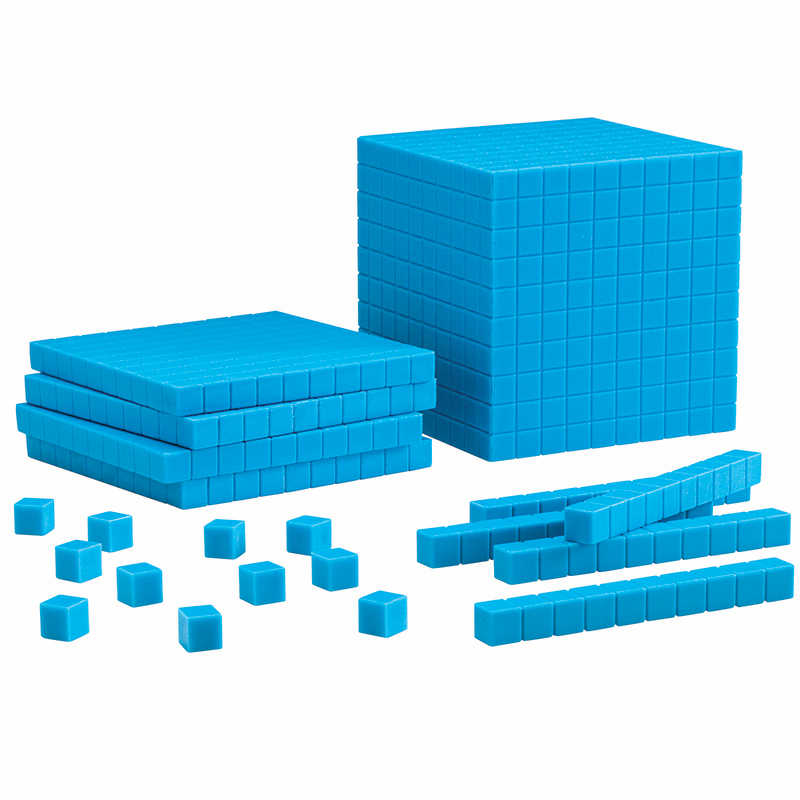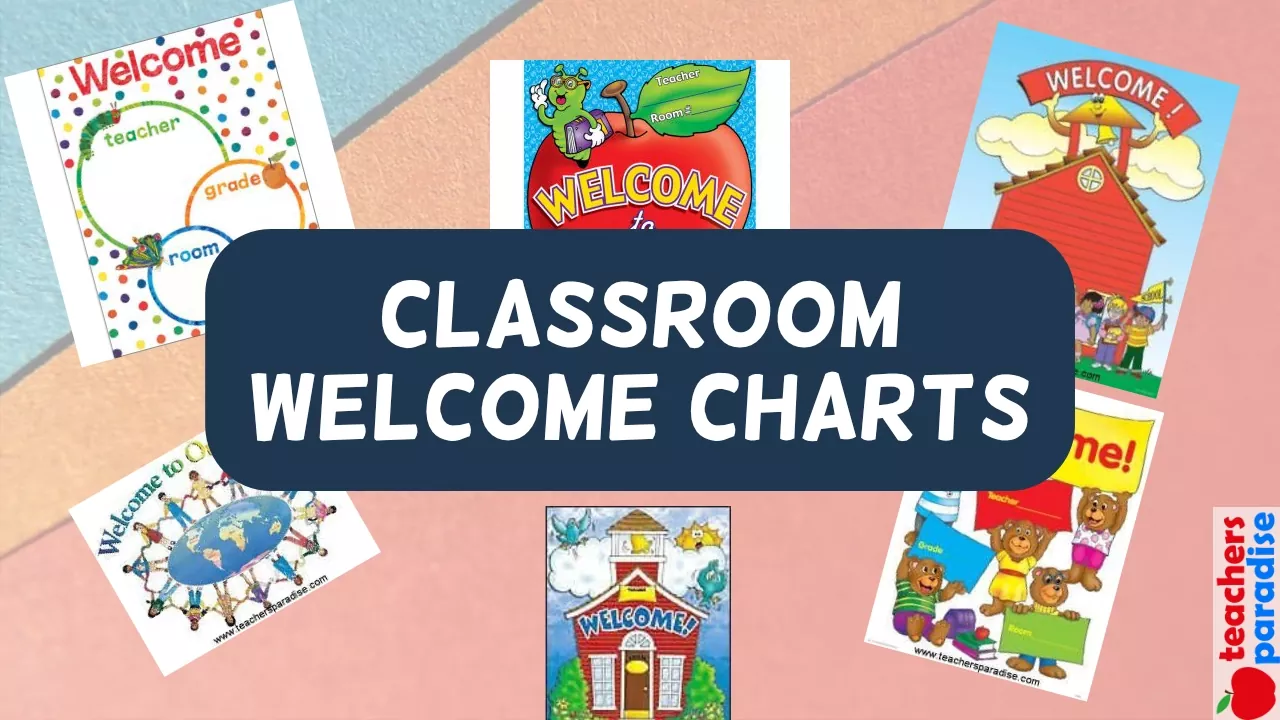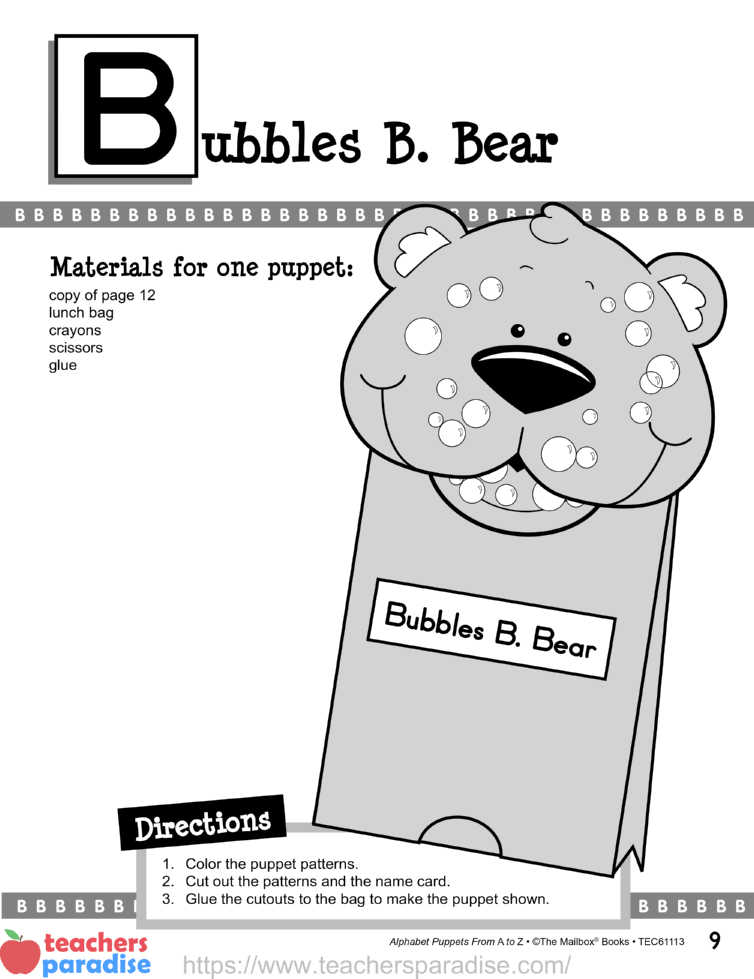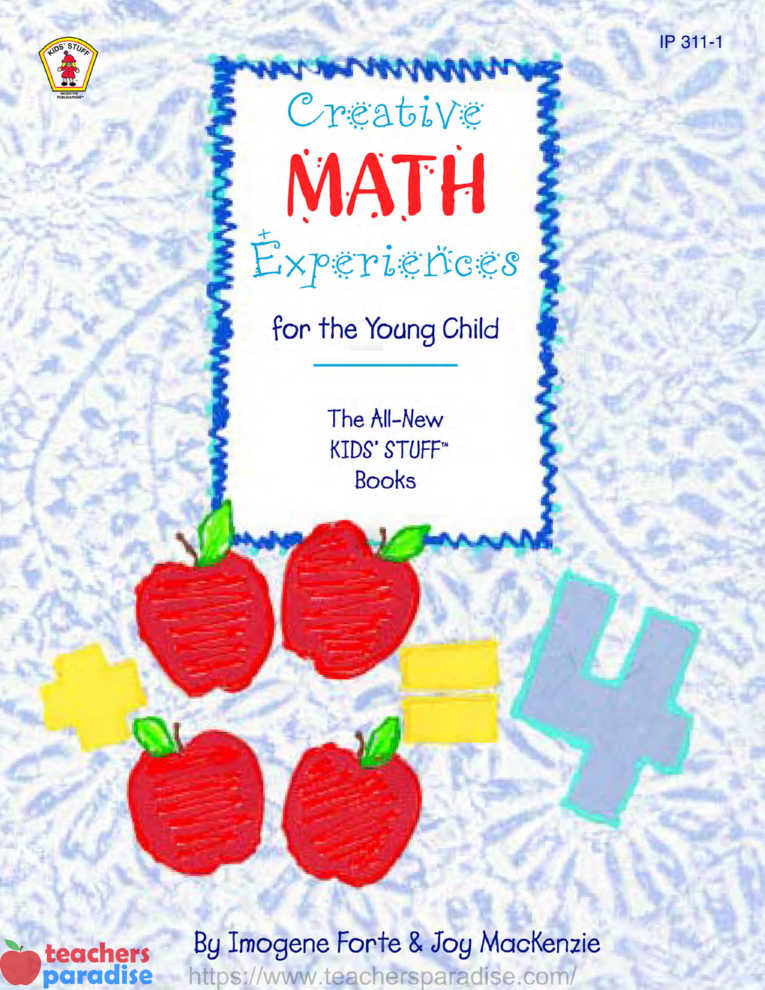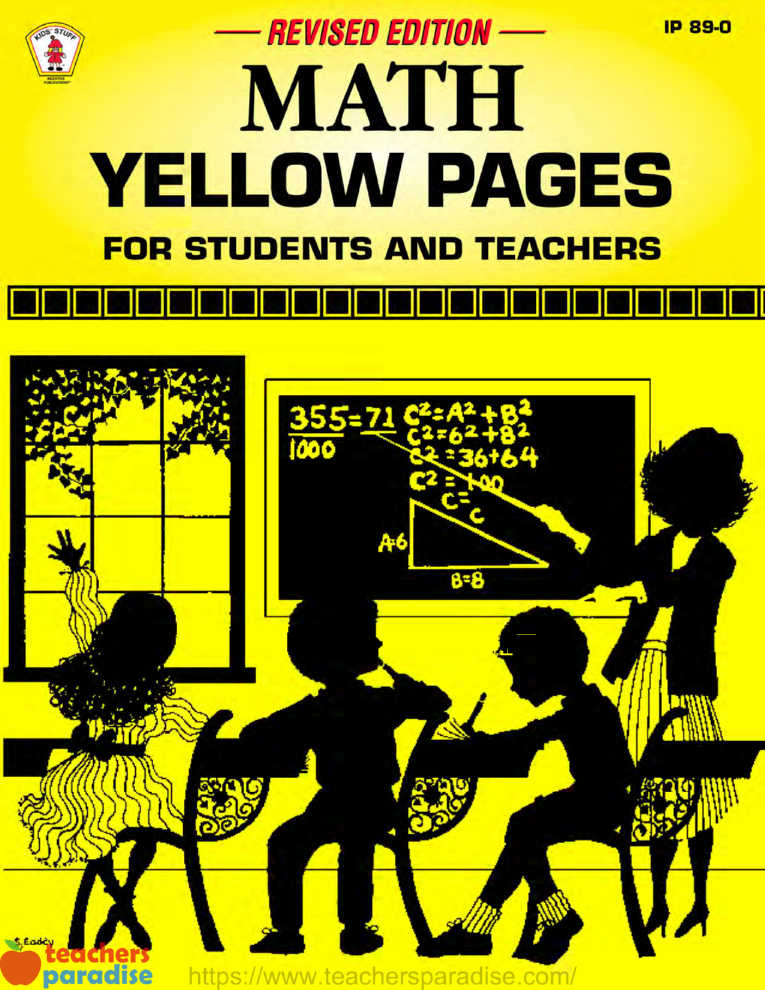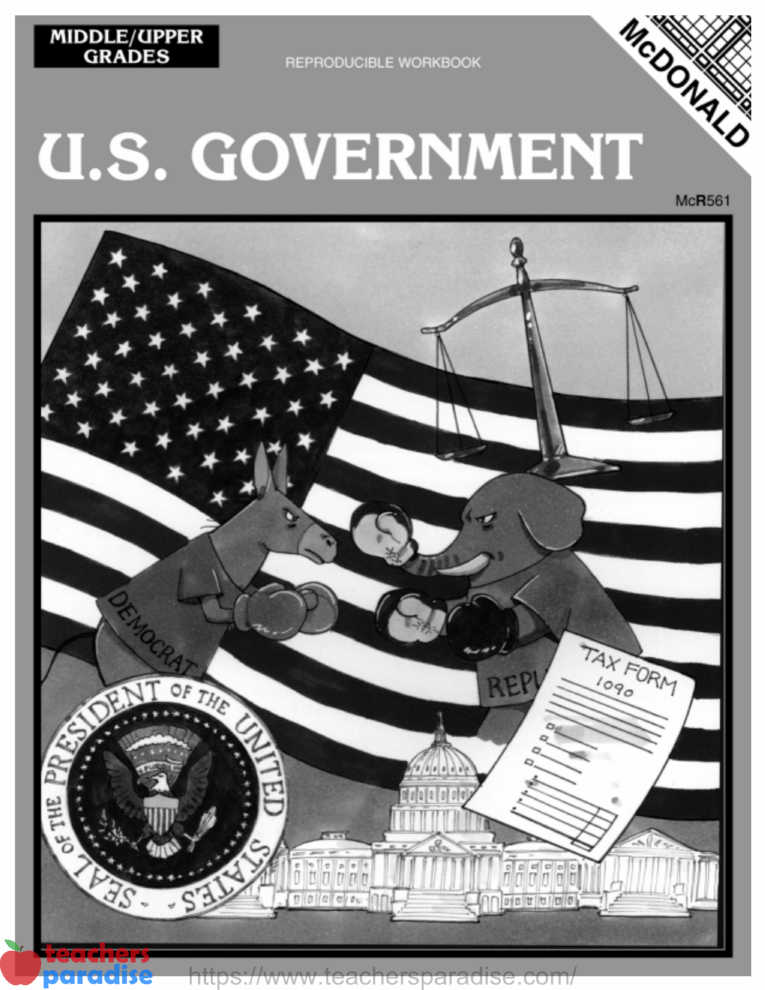Take Care of Our Earth Emergent Reader Activity
BEFORE READING
Share the cover, title of the book, and table of contents with children. Preview the book, paging through and encouraging children to comment on the photographs. Call attention to the experiments. Invite children to share any information about experiments they may have participated in. Point out the glossary and index.
READING
To set a purpose for reading, ask children to read to notice ways they can take care of our Earth.
Use questions such as these to guide the reading:
• Why is it important to save our natural resources?
• How can people stop polluting the Earth?
• What do you think you could learn by doing the experiments?
• What is important about the groups that help take care of the Earth?
WORKSHEET & Sample PDF Activity
[adinserter block=”2″]
Sample PDF Activity
[adinserter block=”3″]
AFTER READING
Lead children in a game that uses the index. Assign small groups of children a word from the index. At a signal, have children use the index to locate their word in the text. Have group members raise their hands when they find the word in the text. Then have them share the sentence in which the word appears.
Response Activities
Writing to Save Earth
Materials: writing paper, pencils, envelopes, postage stamps
Have small groups of children write to one of the organizations listed on page 30 for information on ways they can help take care of Earth.
Planting a Tree
Materials: seedlings, shovels
Invite children to hold a tree-planting ceremony. Involve children in asking permission to plant the tree on school grounds, asking a local nursery to donate a seedling, and making invitations for family and community members.
PHONICS FOCUS
Identifying Diphthong ou
Write out, you, and could on the board and underline ou. Ask a volunteer to read the words and tell if the vowel sound is the same or different. Tell children that ou can stand for several sounds. Have children find other ou words in the book (about, underground, clouds, found, outside, around, group, should, would, cough)
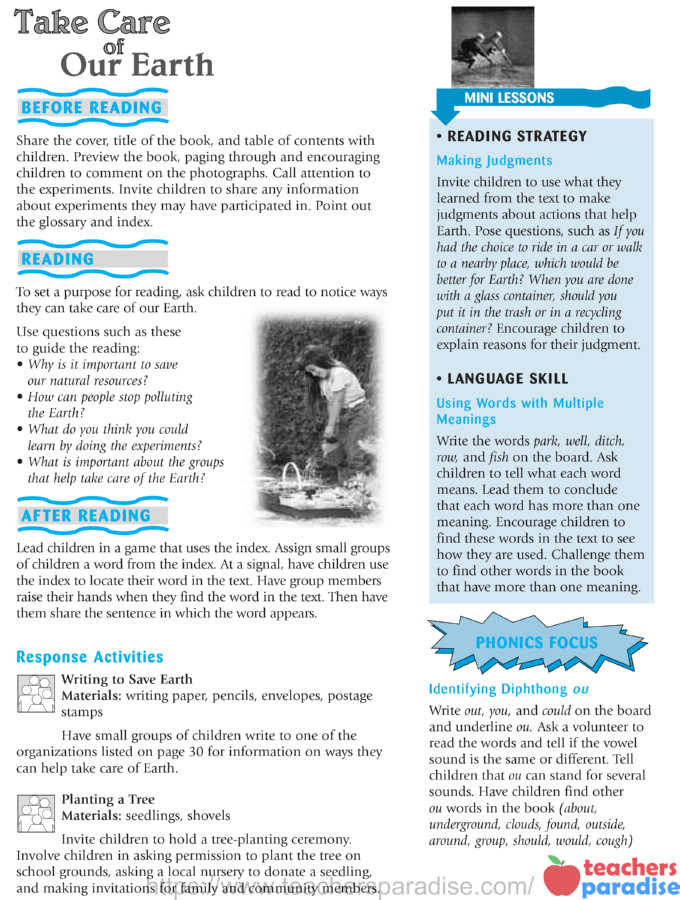
MINI LESSONS
• READING STRATEGY
Making Judgments
Invite children to use what they learned from the text to make judgments about actions that help Earth. Pose questions, such as If you had the choice to ride in a car or walk to a nearby place, which would be better for Earth? When you are done with a glass container, should you put it in the trash or in a recycling container? Encourage children to explain reasons for their judgment.
• LANGUAGE PATTERN
Using Words with Multiple Meanings
Write the words park, well, ditch, row, and fish on the board. Ask children to tell what each word means. Lead them to conclude that each word has more than one meaning. Encourage children to find these words in the text to see how they are used. Challenge them to find other words in the book that have more than one meaning.

